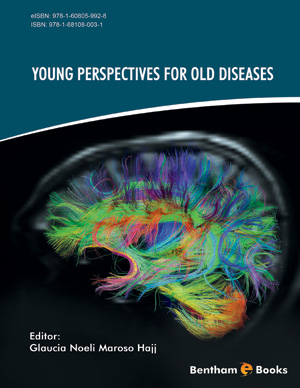Abstract
Amyotrophic lateral sclerosis (ALS) is a fatal neurodegenerative disorder characterized by the progressive degeneration of both upper and lower motor neurons leading to paralysis and finally to death. Non-neuronal cells, including glial cells, have been shown to actively participate in the physiopathological process occurring in ALS. Experiments using chimeric mice expressing ALS-linked mutations suggest that neighboring non-neuronal cells modulate disease phenotype. In this review, recent findings involving the role of astrocytes, microglia and of other non-neuronal cells will be discussed. The study of motor neuron microenvironment could lead to a better understanding of the physiopathology of ALS to find new pathways to slow down motor neuron degeneration.
Keywords: Amyotrophic lateral sclerosis, ALS, amyotrophia, animal models, astrocytes, CNS, glial cells, microglia, motor neuron, motor neuron disease, neurodegeneration, neuroinflammation, neuroprotection, neurotoxicity, non-cell autonomous, non-neuronal cells, progressive paralysis, SOD1, spinal cord, transgenic mice.






















